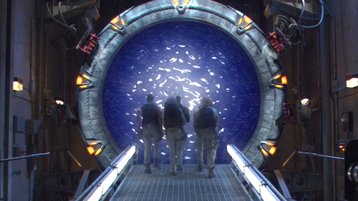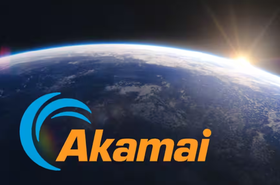Microsoft and OpenAI may build a $100 billion supercomputer campus to help develop artificial intelligence models.
The Information reports that the project is still in the early stages, but would be expected to launch in 2028. Known as 'Stargate,' the development would expand over two more years - potentially needing as much as five gigawatts (5GW) to power it at full build-out.
Given the significant power needs, Microsoft and OpenAI have considered alternative power sources including nuclear power. Amazon recently purchased a Pennsylvania data center site next to a nuclear power plant, which the Information notes that Microsoft discussed bidding for.
Earlier this year, DCD exclusively reported that the hyperscaler had hired Archie Manoharan as director of nuclear technologies and Erin Henderson as head of nuclear development acceleration as it ramped up its interest in SMRs).
OpenAI CEO Sam Altman has also backed a small nuclear reactor company, Oklo, which plans to target data centers.
The chips in Stargate have yet to be decided - it could use future Nvidia GPUs, AMD GPUs, Microsoft's AI chips, or something else. Altman is separately looking to raise money for his own chip venture, and OpenAI has hired a former Google TPU lead.
It would also require denser racks than Microsoft can currently support, with a higher heat load than it can handle.
As for networking, OpenAI reportedly wants to switch from Nvidia's proprietary InfiniBand cables to Ethernet cables.
The project has been in discussion since at least last summer, but Microsoft is still deciding on where in the US to locate the facility. It is also still deciding whether the supercomputer will be a single building or multiple sites on a single campus.
Should Stargate happen, it would be the fifth phase of Microsoft and OpenAI's partnership. The companies are currently in their third phase, and have built multiple large supercomputers to develop ChatGPT and other generative AI models.
Ahead of Stargate, the companies plan to build a Phase 4 supercomputer in Mount Pleasant, Wisconsin, with operations starting in 2026.
Microsoft recently received approval for a $1bn expansion at its existing campus there and acquired another 1,000 acres of nearby land.
That site could grow to support a $10bn supercomputer.
Together, all the upcoming projects could cost around $115bn. Microsoft currently spends around $50bn a year on all its Azure data centers, chips, and networking equipment.






